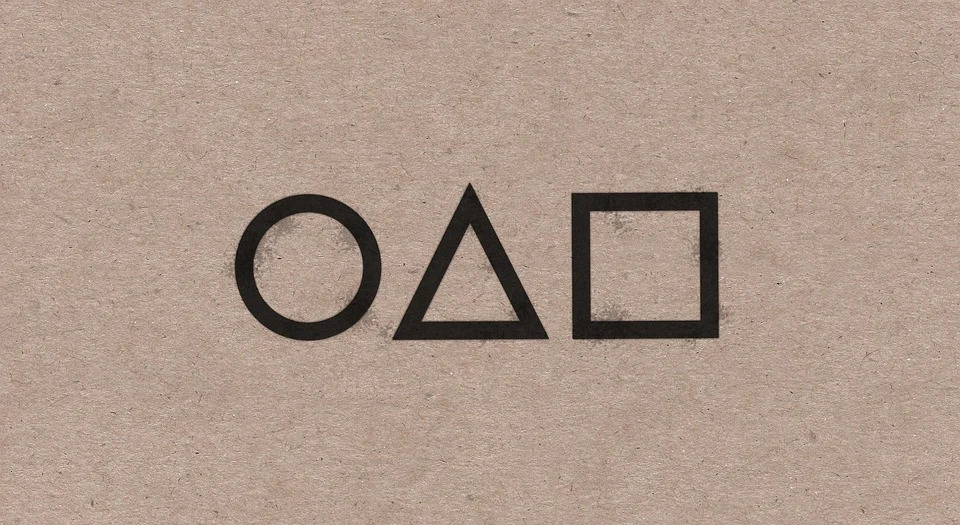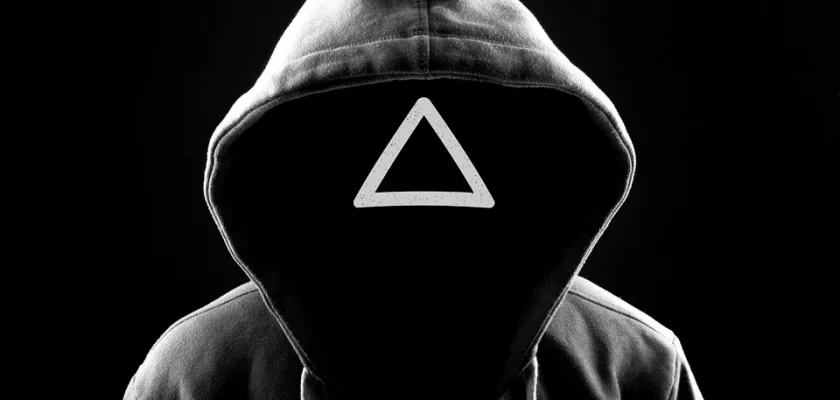Forget the latest instalment in the James Bond saga or Denis Villeneuve’s take on Dune, the most popular piece of entertainment to have swept the world this autumn was a South Korean dystopian drama. We are, of course, talking about Squid Game, which premiered on Netflix on September 17th and capture the entire world’s attention within a matter of days.
Just days after its release, Squid Game became the number one most-watched show on the Netflix platform in a total of 90 countries. The first-ever Korean drama to top both the UK and US’s list of most-watched TV shows, Hwan Dong-hyuk’s survival series is now the most popular Netflix-streamed show of all time and pulled in over 111 million viewers
A commentary on income inequality and social injustice, how did a show with a brutal, dystopian nightmare at its centre become a global phenomenon?
Humble Beginnings
‘Squid Game’ – the Netflix phenomenon almost never was. Back in the late 2000s, Hwang was a struggling screenwriter in need of a big break. After immersing himself in dystopian manga classics like Battle Royale and Liar Game, he came up with the idea of a story that was a “fable about modern capitalist society” and got to work.
By 2009 he’d completed a draft and attempted to sell it to several Korean production companies. However, fearing the storyline was “difficult to understand and bizarre”, Hwang set his script aside and focused on film projects.
A decade later, Netflix had set up an Asian production unit and, after being presented with Hwang’s original script, gave the project a green light.
Breaking into Pop Culture
Since then, Squid Game has not only gone on to become one of the most-watched tv shows of the 21st century, it’s also had a ripple effect throughout popular and mainstream culture. The show’s massive online following has inspired TikTok challenges, Instagram and Twitter trends and a spike in real-life prank calls.
It’s been hugely meme-ified, and Squid Game’s appeal is so strong that it’s crossed over into the poker world, with pro players rising to the challenge of attempting to beat the ‘red light, green light’ system, albeit with less drastic outcomes. There’s even a newly-launched “Squid Game crypto” for financially-savvy fans to get their hands on.
Squid Game’s Midas touch extends beyond Halloween costume ideas and social media trends, it’s making the Western world pay attention to South Korean talent. Casting a mix of established Korean actors like Lee Jung-jae alongside fresh-faced newcomers has only broadened its appeal further.
Global careers have been launched, as in the case of Jung Ho-yeon, whose Squid Game role of Kang Sae-byeok is her first-ever professional acting credit. Within weeks she’s become the most-followed South Korean actor on social media and is the darling of the world wide interwebs.
A Digital Phenomenon

In this age of digital overconsumption, TV shows and movies fall in and out of favour all the time. Thanks to the power of social media, the popularity of new shows can seemingly surge in hours as everyone and their grandmas turn them into hashtags on Twitter. Few of them last at the top though, as inevitably another show comes that outdoes the one before it and becomes the hottest new trend.
Squid Game, however, has lasting global appeal, even despite its limited promotion. It’s taken “going viral” to a new level and it’s all down to a simple premise. Yes, the action is brutal and bloody and it’s an extreme reflection of certain uber-capitalist factions of society. At the heart of the show, though, are a set of characters representing the whole spectrum of socioeconomics, which only the sociopathic among us would be unable to empathise with.
Building on the socially-conscious trend in film and television making that was first unleashed into the mainstream in the form of 2019’s Oscar-winning Parasite, Squid Game has found the perfect blend of “battle royale” dystopia and modern aesthetics.
The show is immediately and instantly appealing: the nightmarish twist that turns youthful playground games into life-or-death situations has captured our imaginations; meanwhile, the series’ vivid colour palette echoed across set design and character costumes has made it instant “meme-fodder”.

